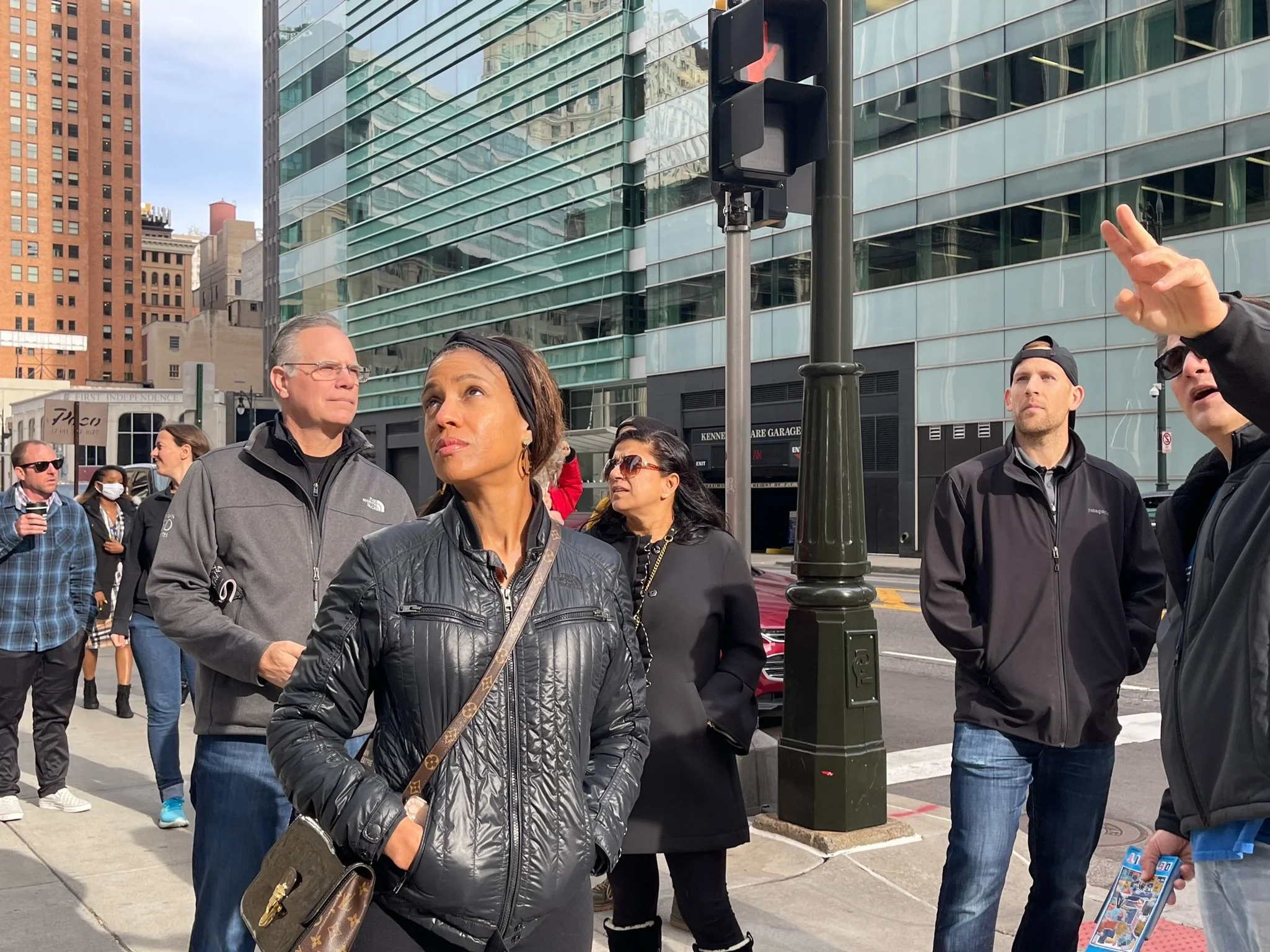Blog
Detroit in Context
Written by City Institute’s founder Jeanette Pierce, this blog answers frequently asked questions and puts things in context so that city residents, stakeholders, and visitors will have a better understanding of Detroit’s assets, history, and challenges. Check out City Institute’s services for an even deeper dive into these topics HERE.
Jeanette Pierce is a lifelong Detroit resident who loves learning and then sharing what she learns with others. She is a data nerd who loves public speaking and challenging prevailing narratives about Detroit. Learn more about her HERE.
City Institute officially launches focusing on a deeper understanding of Detroitand sharing lessons learned with other cities
Since 2006, Detroit Experience Factory (DXF) has provided immersive storytelling to educate locals and visitors about Detroit’s people, places and projects. DXF has taken 150,000 people on experiential tours of Detroit since launching, but the recent uprisings and the pandemic have highlighted, the need for a deeper understanding of Detroit, and all cities, focusing on how cities got to where they are today and how they can work towards becoming thriving and equitable places in the future.
To that end, DXF will be sunsetting at the end of April and City Institute step in to take the work of experiential storytelling to the next level.
Detroit is Not That Big
While this data doesn’t change the fact that Detroit still has challenges related to vacant land (estimates are between 24 and 40 sq. mi.), what it does do is provide some context so people can better understand and be better equipped to work together towards the solutions. A more holistic and deeper understanding of the situation is so important because if we think the problem is too big to solve, as was alluded to by the original infographic, then some might ask why even bother trying?
Why City Institute
As a lifelong resident myself, I realized that although we can know a lot about our home from our daily life, there is always so much more to learn about where you live. The knowledge locals gain leads to a domino effect of positive impact as more people support small businesses, public institutions, community projects, and nonprofits they learned about.
Why Context is Important
When more people are informed and engaged in shaping a place’s future, there is a much better chance of that city becoming an equitable and thriving place for all.





